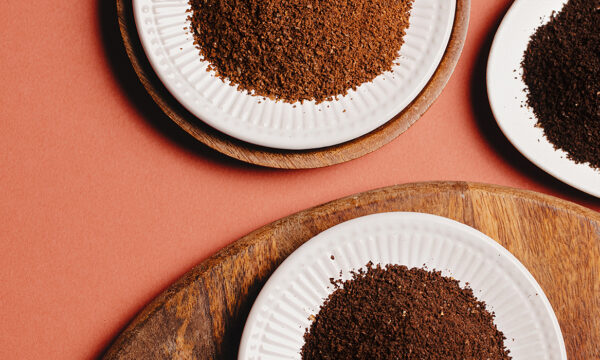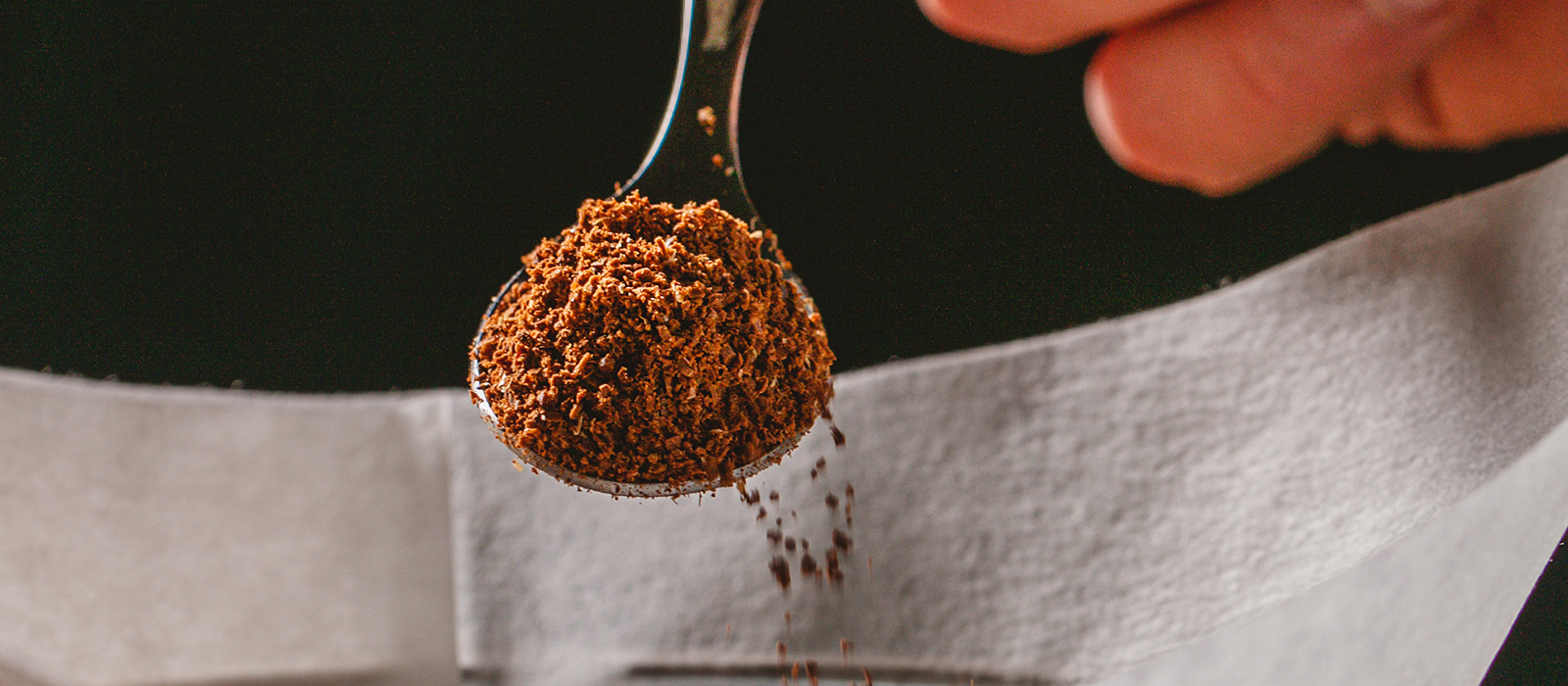
- Home
- What is Caffeine?

What is Caffeine?
Written by Julie
Reading time 5 minCaffeine? You consume a lot more of it than you think! Present in coffee, tea and even soft drinks, it is a stimulant that we should know a little more about in order to make good use of it. But what do we really know about this organic molecule that is inseparable from drinking coffee? We explain.
THE ORIGINS OF CAFFEINE

HOW LONG HAS CAFFEINE BEEN CONSUMED?
People have been consuming caffeine since the Stone Age. It is known that the first peoples chewed the seeds, bark or roots of certain plants to temporarily reduce tiredness, or improve mood. Popular legend attributes the discovery of coffee (and its effects) to a goat herder named Kaldi. He observed that his goats became euphoric and stayed awake all night after grazing on the leaves and fruits of coffee trees. When he tried the berries that the goats had eaten, he felt the same vitality.
WHAT ARE THE EFFECTS OF CAFFEINE?
Its benefits
Caffeine is believed to have many benefits. In humans, it acts as a stimulant for the central nervous system and the cardiovascular system. It helps to reduce drowsiness or feelings of fatigue and to increase attention. Caffeine has short-lived effects, as it does not accumulate in the body. However, some people may be more sensitive to it than others. Pregnant women in particular are recommended to consume half as much caffeine in a day as a normal adult. We will see a little later how much can be consumed per day without risk. It should be noted that caffeine is the most widely consumed psychoactive substance in the world. In North America, for example, 90% of adults use it daily. The UK coffee market is mature: 98 million cups are consumed every day. As we have just seen, the caffeine contained in coffee has several benefits. But it also presents risks if we consume too much.
Its risks
Consuming this small molecule on a daily basis can have positive effects on our vitality or level of attention. However, too much caffeine can have undesirable effects on the body.
- Sleep disturbances, irritability, difficulty in concentrating or increased heart rate are known effects that can occur in the short term.
- The risk of cardiovascular disease or delayed development of the foetus in pregnant women are effects that can occur in the long term.
How much caffeine can you consume per day?
So how much caffeine is recommended for an adult? The European Food Safety Agency (EFSA) recommends not exceeding 400 mg/day for a healthy adult, the equivalent of 3 cups of coffee. This dosage should not exceed 200 mg for pregnant or breastfeeding women.
HOW MUCH CAFFEINE IS IN A COFFEE?

IS THERE CAFFEINE IN OTHER DRINKS?
As we have seen above, this small molecule is present in many plants. This is why other drinks contain it: tea, some soft drinks and energy drinks, cocoa, etc. By way of comparison, a 220 ml cup of black tea contains 50 mg of caffeine (compared with 90 mg for filter coffee), while green tea contains less than black coffee, around 70 mg. It is interesting to know that tea contains more caffeine than coffee for the same weight. However, as generally less tea than coffee is used to prepare a cup, the proportion of caffeine is lower. Chocolate drinks or chocolate contain rather anecdotal amounts of caffeine if consumed in moderation. Soft drinks and energy drinks can contain up to 120 mg of caffeine per litre.
You now know a little more about this small molecule contained in your coffee! By respecting the recommended daily doses, you can continue to enjoy your morning, lunch or break coffee. At MaxiCoffee, we offer a wide range of coffee: coffee beans, ground coffee, capsules and pods, instant coffee, decaffeinated coffee… Don’t hesitate to visit our website to find what you are looking for.
Discover all of our articles



